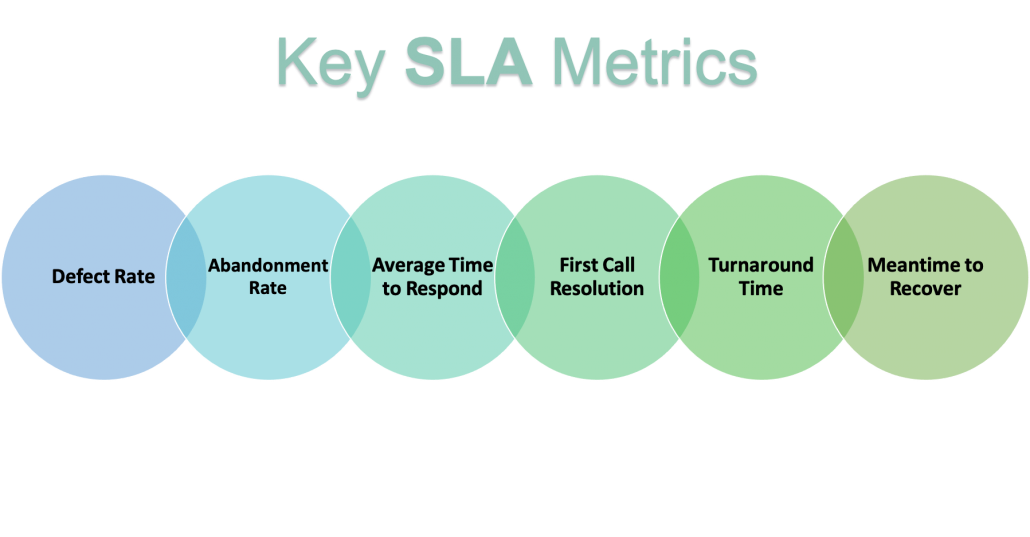Introduction: A Service-Level Agreement (SLA) is a contractual document that outlines the terms of service between a provider and a customer. In the realm of IT Service Management (ITSM), SLAs play a crucial role in managing and meeting the expectations of end users when it comes to service requests and incident reporting.
Designing an SLA: To effectively design an SLA, it must encompass key elements, including a detailed service description, quality standards, responsiveness commitments, penalties for non-compliance, performance metrics, and conditions for cancellation. The specific combination of these elements depends on the type of service being provided.
Types of SLAs: SLAs can be categorized into three main types:
- Customer-Based SLA:
- Involves an agreement between a service provider and an individual customer or customer group.
- Tailored to the unique needs and preferences of each customer, reflecting services, duration, and promised uptime.
- Service-Based SLA:
- Based on the specific service or product chosen by the customer.
- Defines the level of service for different service items, with a common SLA for all end users.
- Multi-Level SLA:
- Divides the SLA into multiple tiers or levels to address agreements at the corporate, customer, and service levels.
- Example: Varied SLAs for a workstation service request based on the requester’s status or priority.

Importance of SLAs in ITSM: In IT Service Desk scenarios, SLAs bring considerable value by setting expectations and ensuring timely service delivery. Consider the example of an employee onboarding ticket:
- Response Time: Assigned technicians must respond within 24 hours.
- Resolution Time: Workstation delivery must occur within 14 days.
- Escalations: Automated notifications for SLA breaches and actions to address them.
- Feedback: Custom surveys post-closure to gauge user satisfaction.
Conclusion: SLAs are instrumental in minimizing downtime, facilitating efficient resource allocation, and ensuring the smooth functioning of business operations. By clearly defining service expectations, SLAs contribute to the overall success of ITSM practices, promoting customer satisfaction and operational excellence.

